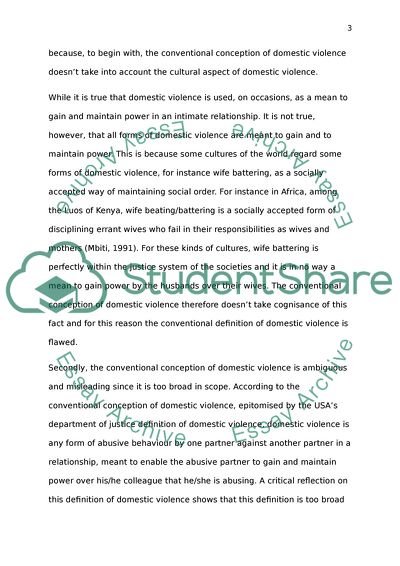Cite this document
(“Conventional Conception of Domestic Violence Coursework”, n.d.)
Conventional Conception of Domestic Violence Coursework. Retrieved from https://studentshare.org/social-science/1817633-domestic-violence
Conventional Conception of Domestic Violence Coursework. Retrieved from https://studentshare.org/social-science/1817633-domestic-violence
(Conventional Conception of Domestic Violence Coursework)
Conventional Conception of Domestic Violence Coursework. https://studentshare.org/social-science/1817633-domestic-violence.
Conventional Conception of Domestic Violence Coursework. https://studentshare.org/social-science/1817633-domestic-violence.
“Conventional Conception of Domestic Violence Coursework”, n.d. https://studentshare.org/social-science/1817633-domestic-violence.


